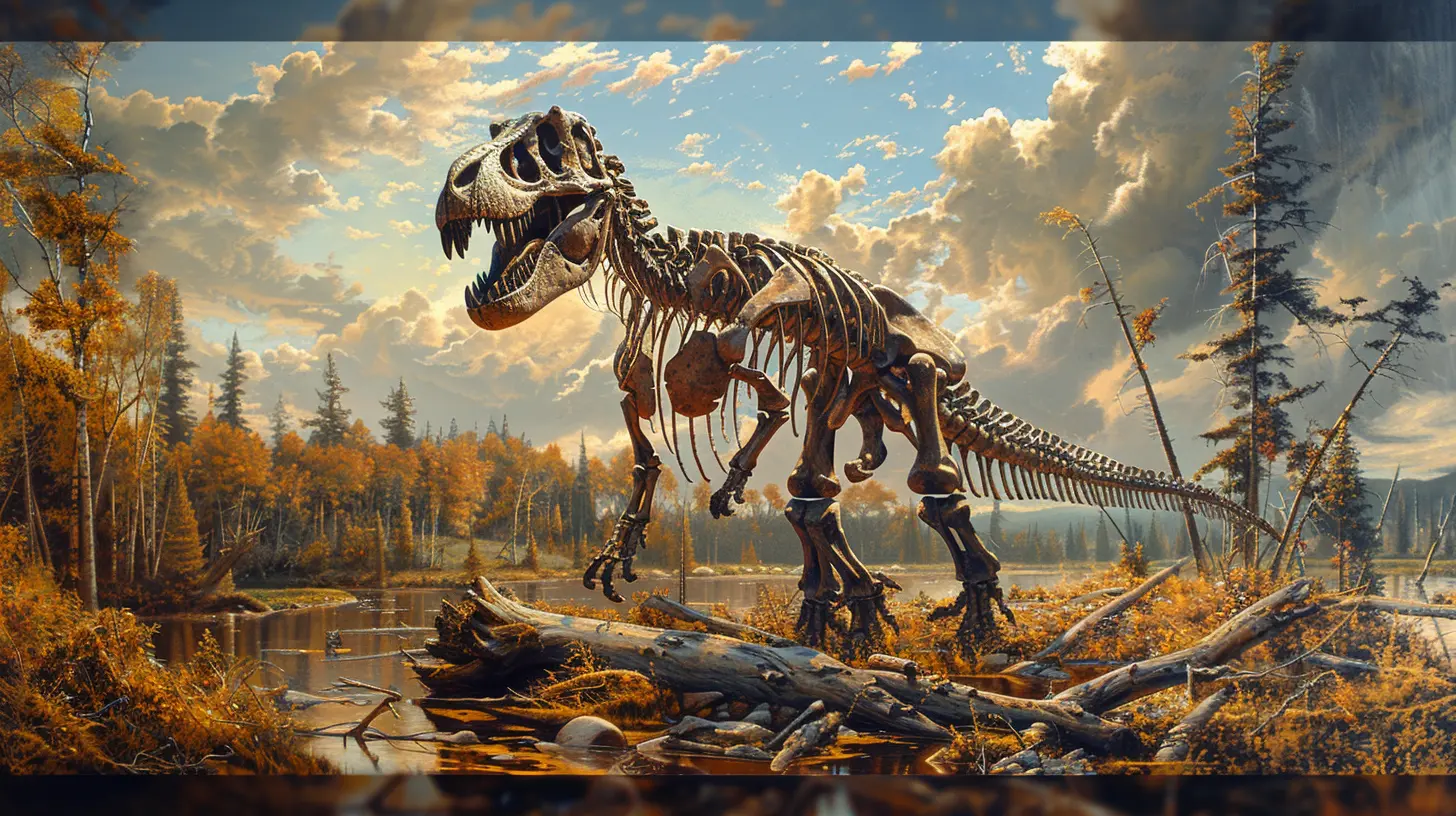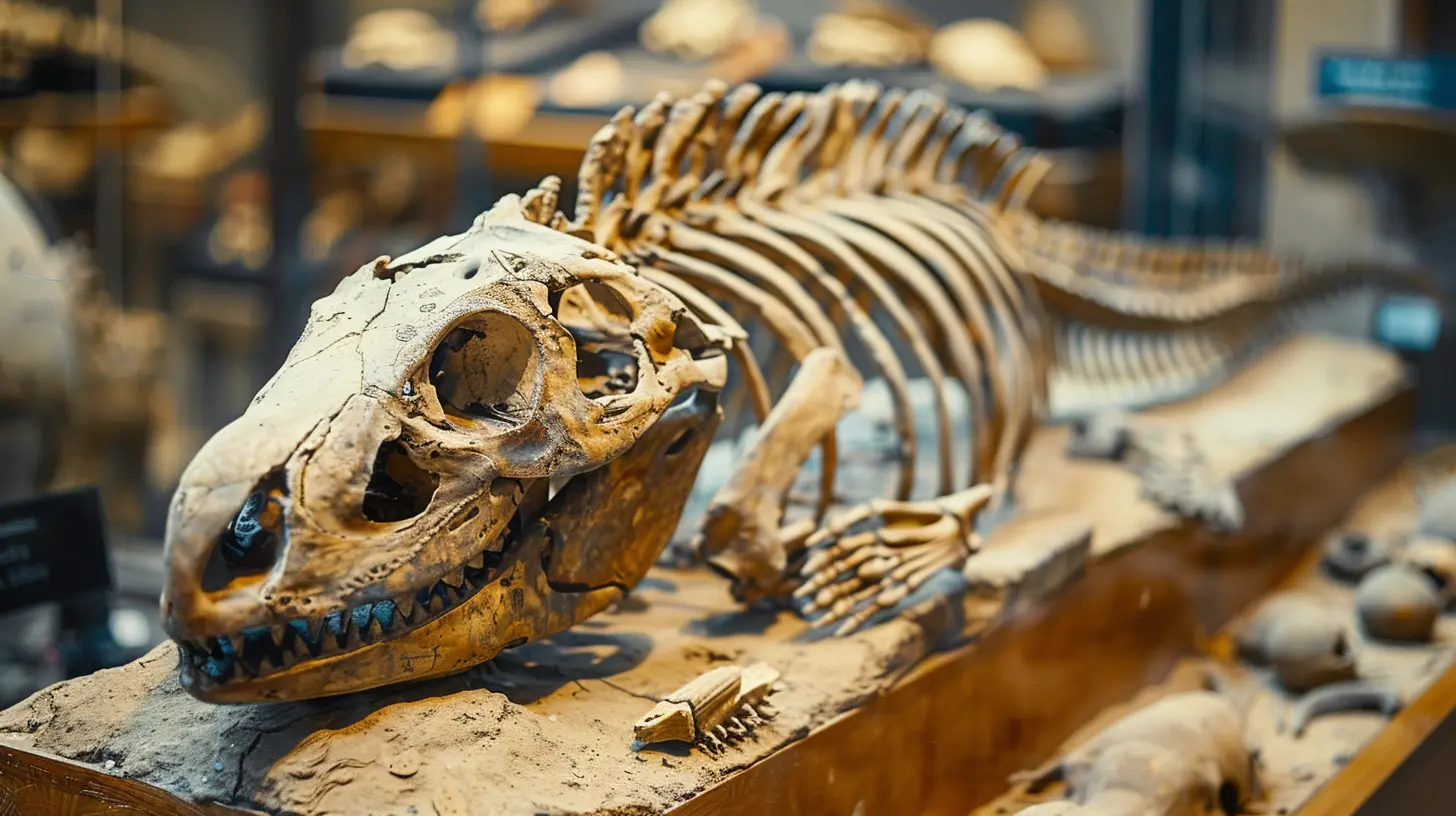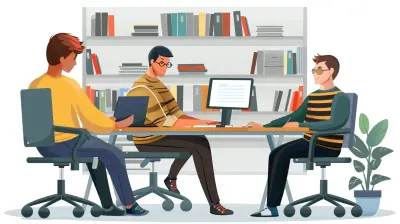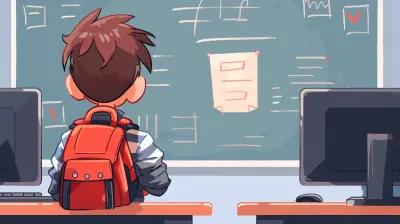Understanding Fossilization in Second Language Learning
28 May 2025
Learning a new language is exciting, isn't it? You start picking up new words, forming sentences, and before you know it, you're having conversations! But then, suddenly, you hit a wall. No matter how much you practice, certain mistakes just won’t go away. It’s frustrating!
Well, my friend, you might be experiencing something called fossilization. No, it’s not about turning into a fossil (thank goodness), but it can feel just as stuck. Let’s break it down, understand why it happens, and most importantly, how to overcome it! 
What is Fossilization in Second Language Learning?
Think of a fossil—once an organism, now trapped in stone forever. In language learning, fossilization refers to errors that become ingrained in a learner’s speech or writing, making them difficult to correct, no matter how much practice they get.So, if you keep saying "He go to school" instead of "He goes to school" despite knowing the rule, that’s fossilization at work. It’s like your brain has put that mistake on repeat!
This phenomenon is common among second language learners and can happen at any stage. But why does it happen? Let’s dive into the reasons. 
Why Does Fossilization Happen?
Fossilization doesn’t just show up out of nowhere—it has its reasons. Here are some of the main culprits:1. Lack of Feedback
Imagine trying to dance but no one tells you when you're offbeat. You’ll keep repeating the same wrong moves. The same thing happens with language! When learners don’t get enough feedback, errors become permanent.2. Communication Over Accuracy
Sometimes, fluency takes priority over correctness. If someone understands what you mean, does it really matter if your grammar isn’t perfect? Well, over time, those small mistakes become habits that are hard to shake off.3. First Language Interference
Your first language is like a comfy chair—it’s hard to leave! When learners apply their native language’s rules to their new language, errors sneak in. For example, Spanish speakers often say "She has 25 years" instead of "She is 25 years old" because that’s how it works in Spanish!4. Age and Learning Style
Sorry to say it, but age plays a role. Younger learners tend to pick up languages more flexibly, while adults often rely on their native language structure, making fossilization more likely.5. Lack of Motivation or Exposure
If you're not using the language frequently or challenging yourself with native speakers, your learning can stagnate. It’s like exercising once a month and expecting to get fit—it just doesn’t work!
How Can You Overcome Fossilization?
The good news? Fossilization isn’t a life sentence. You can break free! But it takes effort, awareness, and a willingness to step outside your comfort zone.1. Seek Corrective Feedback
Don’t just practice—practice with correction! Whether it’s a teacher, a tutor, or even a language exchange partner, get someone to point out your recurring mistakes.2. Slow Down and Focus on Accuracy
Speed is great, but accuracy is better. If you keep making the same grammar mistakes, slow down and consciously correct yourself. Think before you speak or write.3. Immerse Yourself in the Language
Think of learning a language like swimming. If you stand on the shore, you’ll never get better. Dive in! Listen to native speakers, read books, watch movies, and engage in meaningful conversations. The more exposure you get, the more natural the language will feel.4. Mimic Native Speakers
Children learn by imitating, and so can you! Pay attention to how native speakers form sentences and try copying their style. Record yourself and compare—it might be eye-opening!5. Break the Habit with Conscious Effort
Fossilized errors are like muscle memory. To fix them, you need deliberate practice. Write down your common mistakes and work on correcting them systematically.6. Expand Your Comfort Zone
If you’ve been speaking at the same level for years, challenge yourself! Try using more complex grammar, new vocabulary, or different sentence structures. Growth happens outside your comfort zone.
Can Fossilization Be Prevented?
Ah, the million-dollar question! While fossilization is tricky, it can be minimized with the right strategies.✅ Start with the right foundation – Learn proper grammar and pronunciation from the beginning.
✅ Develop self-awareness – Pay attention to your mistakes and actively work on correcting them.
✅ Stay consistent – Practice regularly, and don’t let incorrect patterns set in.
✅ Practice with native speakers – The more real-life conversations you have, the better your accuracy will be.
Remember, language learning is a journey, not a race. Fossilization might slow you down, but it doesn’t have to stop you.
Final Thoughts
Fossilization in second language learning is frustrating, but it’s not unbeatable. Think of it like a stubborn knot in your shoelace—you just need patience, strategy, and a little help to untie it.So, if you’re struggling with persistent mistakes, don’t be discouraged. The fact that you’re aware of them means you’re already on the path to improvement. Keep practicing, stay curious, and most importantly—never stop learning!
all images in this post were generated using AI tools
Category:
Second Language AcquisitionAuthor:

Anita Harmon
Discussion
rate this article
3 comments
Merida Morgan
Fantastic insights! Embracing fossilization makes language learning exciting! 🎉
June 1, 2025 at 3:25 AM

Anita Harmon
Thank you! I'm glad you found the insights valuable. Embracing fossilization can indeed add depth to the language learning journey! 🌟
Mistral Cantu
Great insights! Embracing mistakes is key to overcoming fossilization in language learning.
May 31, 2025 at 3:17 AM

Anita Harmon
Thank you! Embracing mistakes indeed fosters growth and helps learners break free from fossilization.
Capri Duke
This article provides valuable insights into fossilization in second language acquisition. Understanding its mechanisms can aid educators in developing effective strategies to help learners overcome persistent language errors and enhance fluency.
May 28, 2025 at 12:43 PM

Anita Harmon
Thank you for your insightful comment! I'm glad you found the article valuable for educators in addressing fossilization in language learning.



